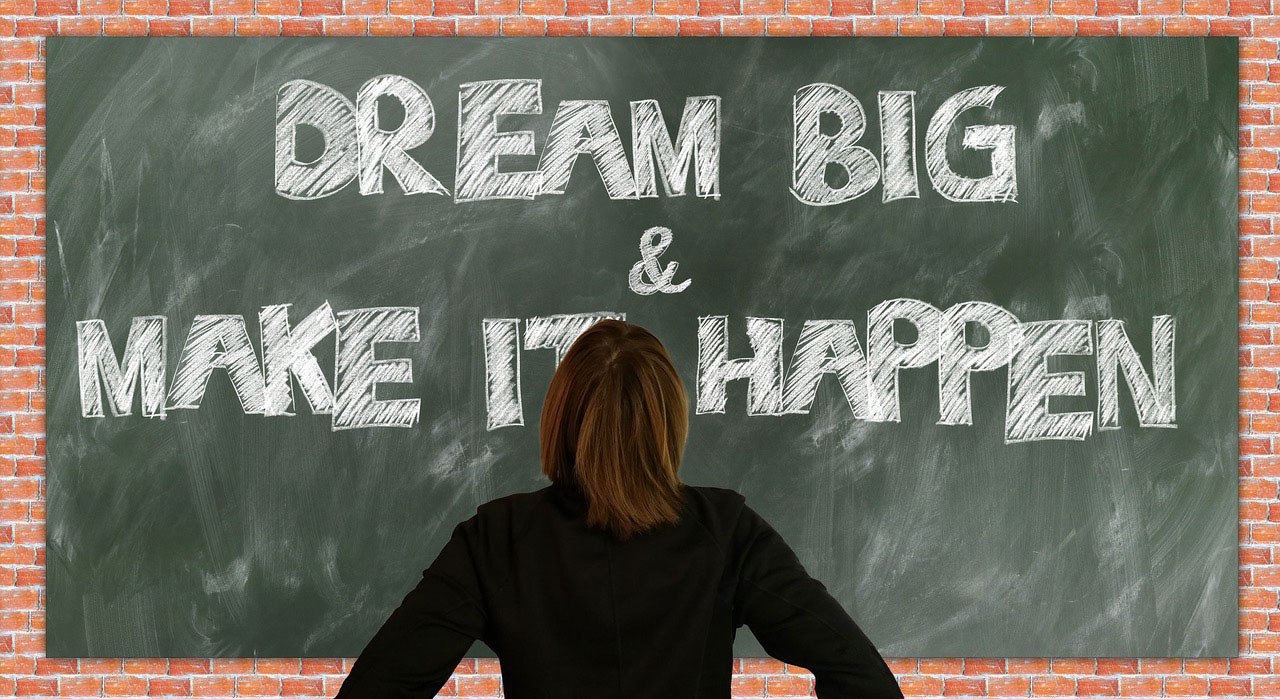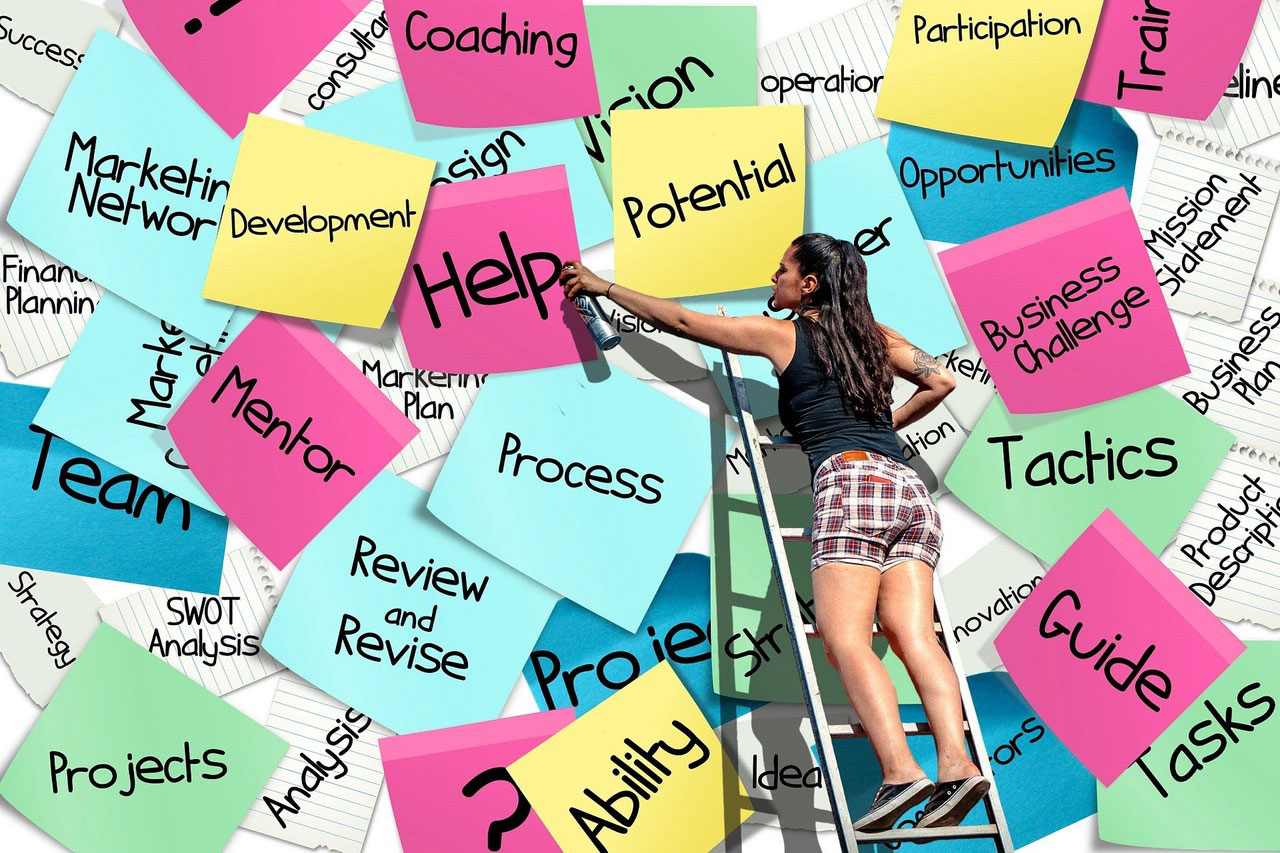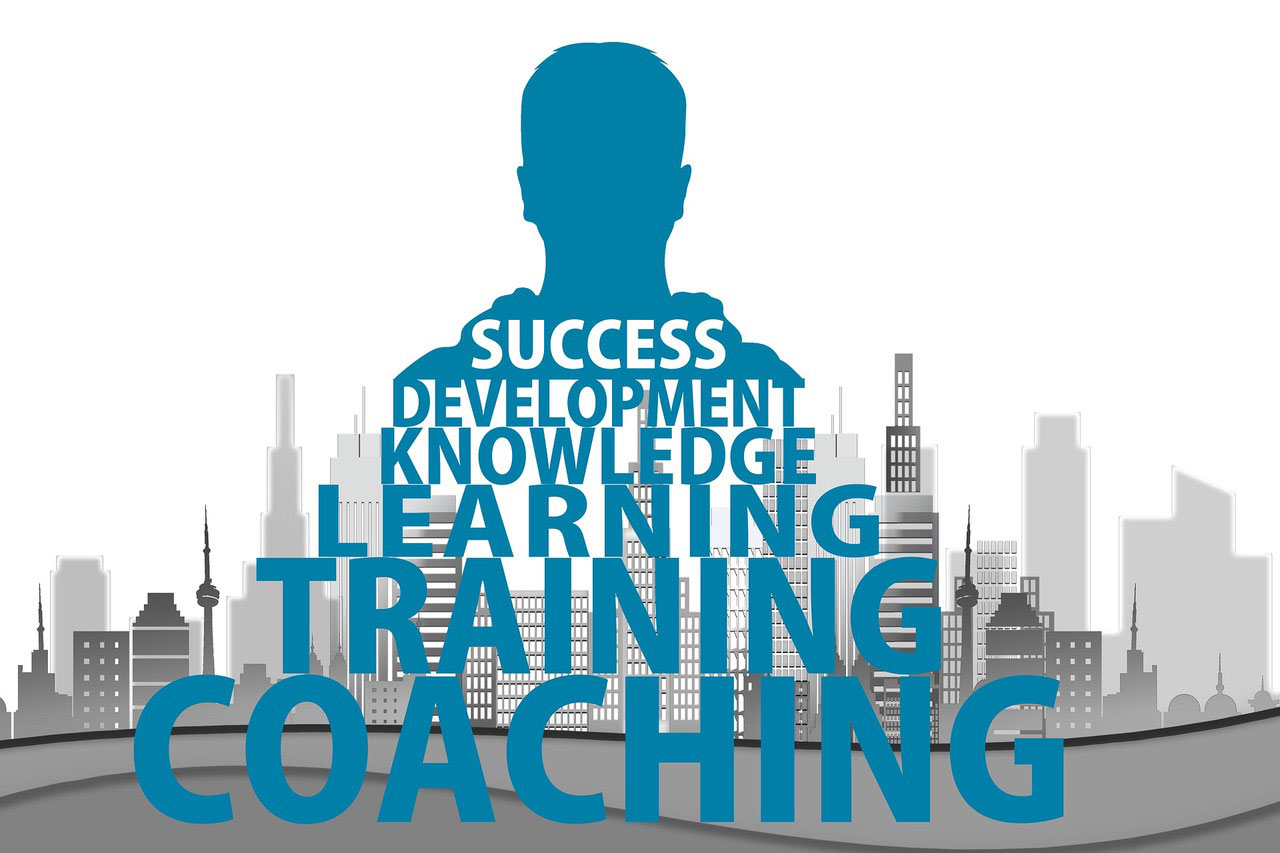
Having spent the last nine years working in higher education at three different institutions, I have had the incredible privilege to work with some of the most amazing and hard-working college students. I’ve been fortunate enough to see many of them move on to complete their degrees and begin successful careers. Unfortunately, I have also seen others fall short of their potential.
I define a successful transition from college-to-career by three important benchmarks: 1) You feel your chosen career aligns with your passions, values, and vision for the future. 2) You are able to take knowledge acquired to earn your degree, and apply it in the real world of work. 3) You are able to take your knowledge, skills, and potential and market them effectively.
There are countless reasons why some individuals are able to navigate this transition and reach the heights they are capable of achieving. However, I do believe there are three factors that appear to make all the difference.

1. Self-Awareness. Having a career that is deeply fulfilling requires serious understanding of your own values, interests, personality and skills (VIPS). This follows the basic principle that goals become easier to achieve with more clarity. The more you know about yourself, the more likely you’ll end up where you want to be.
The more you understand about the work values that are important to you, the more likely it will be to narrow your focus on the opportunities that are aligned with those values and find work that is meaningful. For example, if you value advancement you’ll want to seek opportunities in fields that provide you the most growth professionally.
Understanding your interests is crucial to career success. Developing your true interests will enable you to seek the major and activities that will be congruent with your curiosity and passion. Your interests are directly aligned with your career engagement, and research consistently shows that a majority of employees in all career fields are disengaged at work. An example here would be knowing you have an interest in mathematics, and taking an opportunity to explore a Career Fair devoted to STEM jobs.
Developing awareness of your personality can be a game changer. Your personality represents your innate preferences and determines how you interact with the world. Knowing and owning your personality type (typically through taking the Myers Briggs Type Indicator) can lead you to career opportunities that feel more like “being” and less like working. An example here would be understanding that you’re more extraverted and seeking opportunities to work in teams that synergize in a collaborative environment.
Having an awareness of both hard and soft skills will enable you to discover opportunities that can maximize your potential. Having interests in certain areas will provide engagement. However, it is ultimately the aptitude and ability to use skills that will determine your career success and longevity. Identifying your top skills through an assessment will enable you to clarify which opportunities will provide a platform for you to be successful.

2. Experiential Learning. Many employers require some experience, even for entry level positions, so experiential learning, or “learning through experience”, is vital for students to ensure their transition to the workforce is as seamless as possible. Students can and should take every opportunity available through their academic institution to develop skills and gain credible work experience before they graduate.
The Association of Experiential Education explains that since hands-on learning experiences require students to “take initiative, make decisions and be accountable for results,” students may also “experience success, failure, adventure, risk-taking and uncertainty.” This can greatly enhance self-awareness, too (see point number 1), and enable them the ability to develop an enhanced career focus.
Most institutions offer a range of experiential learning such as internships, co-ops, research projects with faculty supervision, and professional development workshops and symposiums. A helpful hint is to job search before graduation and examine the top skills and experience that employers covet and attempt to seek out the chance to gain it in your junior and senior year.

3. A Quality Network. No one ever achieves anything great on their own. This is true now, more than ever with a successful transition to the workforce. Evidence clearly shows that anywhere from 70-85%of all jobs are filled through networking. This means that personal referrals will take you farther than applying online ever will. Therefore, it is so valuable that college students spend considerable time building their networks before they’re in a position to depend on them.
This can be done through participation in student organizations, clubs, fraternities, sororities, and honor societies. Utilizing a resource like LinkedIn can help students build the bridge to that first job by connecting with individuals in their chosen field and have the opportunity to conduct informational interviews, where you set up an interview with an employer and determine the suitability of an occupation.
Additionally, students can attend internship and career fairs throughout their studies in order to begin developing and fostering connections with employers. Lastly, as many younger generation students are utilizing the incredible networking capability through social networks like Facebook, Instagram and YouTube, it’s important to leverage those tools for career development rather than for just social purposes.

The transition from college-to-career is not always linear. It can often be filled with anxiety, stress, and uncertainty. However, if you’re proactive and take every opportunity as an experience for growth to learn more about yourself, different career options, and how to navigate the maze of the work world, then you will come out on top.
Brad Minton, LPC, NCC, CPRW is a licensed and certified professional counselor who specializes in career development. He attained his Masters of Science in Counseling from Radford University in 2007, and has worked in several areas of mental health for more than a decade. Since 2011, he has devoted his career to developing an expertise in career coaching in higher education. He presently works as a career coach for Eastern Michigan University, while also providing freelance resume writing. Brad welcomes joining as a WHEN Career Advisor in 2020!